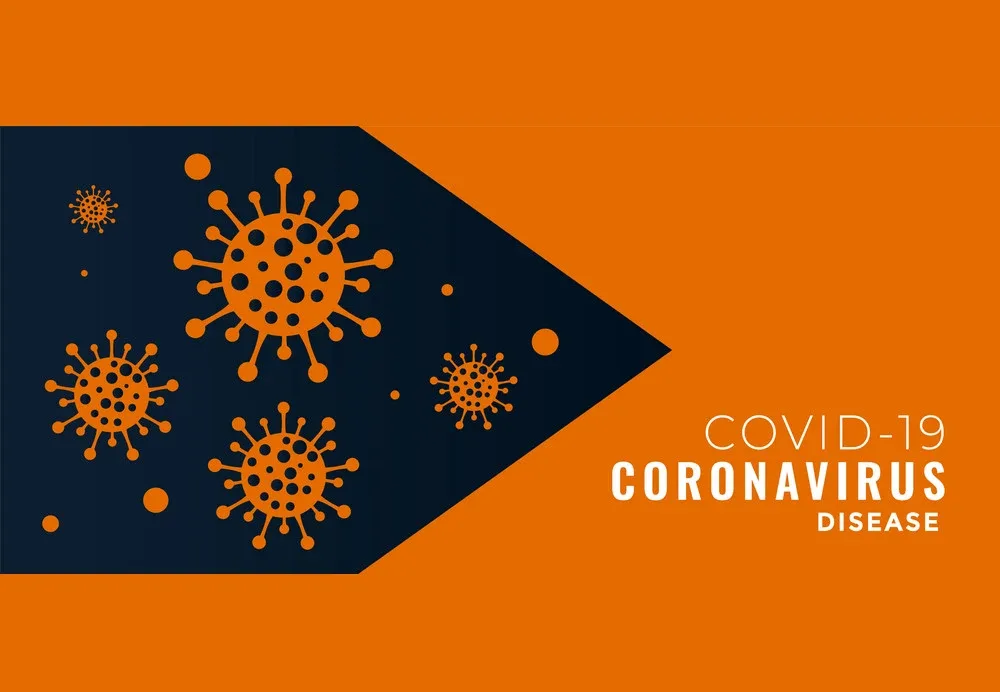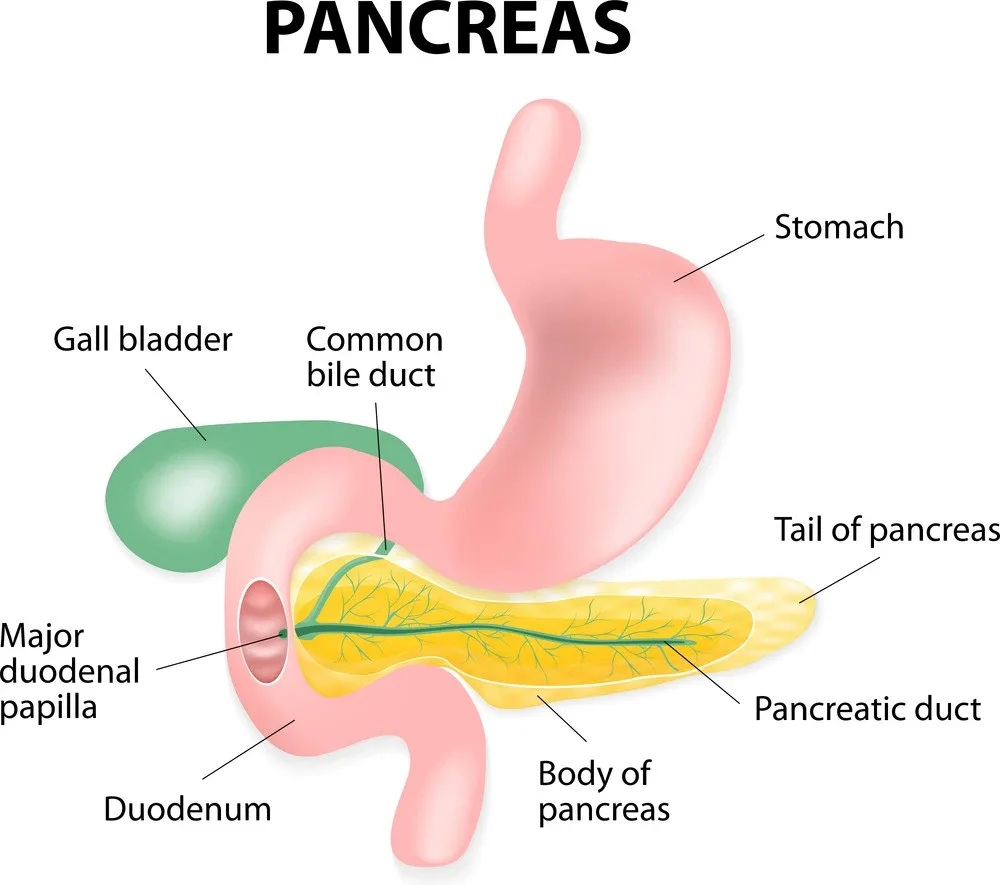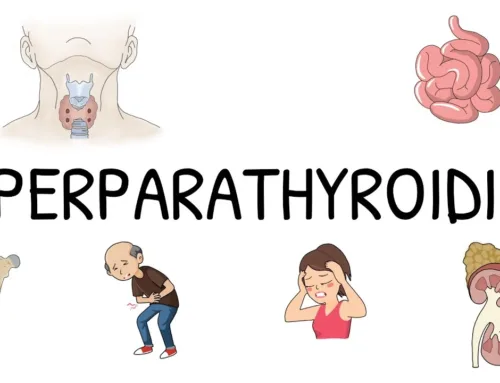
Coronavirus can affect the endocrine system in a variety of ways. The virus can affect the pituitary gland, thyroid gland, adrenal gland, and gonads. In addition to these structures in your body, the endocrine pancreas is also susceptible to damage by the Coronavirus.
Coronavirus affects the endocrine system

The endocrine system is vulnerable to SARS-CoV-2. The pituitary gland, the thyroid gland, and the adrenal gland are all susceptible to infection with the Coronavirus.
Infection of these glands may lead to dysfunction in their production of hormones or growth factors that regulate metabolism and development. This could result in weight loss or abnormal body mass index (BMI).
The Pituitary Gland

The pituitary gland is a pea-sized structure responsible for producing hormones that help regulate growth and development in children, encourage puberty and fertility in women, and control many other vital processes throughout our lives. The pathogen Coronavirus damages this gland by causing inflammation that leads to swelling or necrosis of tissue inside it (resulting in pain).
Symptoms include headaches; fatigue; loss of appetite; nausea; vomiting; fever; confusion/memory loss/confusion about identity etc.; vision problems like blurry vision or seeing spots before eyes close shut during the sleep cycle (sleep paralysis); increased sensitivity to light which can lead to blindness if untreated early enough before permanent damage occurs due to lack of oxygen supply.
The Thyroid Gland

The Coronavirus can affect the thyroid gland in many ways. It can attack a healthy thyroid and cause it to become inflamed or enlarged, which is called goiter. In some cases, the virus may also cause nodules on the thyroid that are non-cancerous but still highly uncomfortable and sometimes painful.
A damaged or overactive thyroid gland often causes fatigue, weight gain, and sensitivity to cold temperatures (hypothyroidism). Some people will experience pain in their necks or jaws, along with other symptoms such as hair loss, constipation, and dry skin.
The time it takes for this virus to cause damage varies from person to person. Still, most experts agree that if Coronavirus has infected you within two weeks of showing symptoms, this could be due to a damaged gland rather than just being run down or having an ordinary cold.
The Adrenal Gland

The adrenal gland is part of the endocrine system regulating hormone production. These glands are above the kidneys and release adrenaline and cortisol in response to stress, so it makes sense that they would be affected by the Corona Virus. Studies have shown that people infected with Corona can experience various symptoms related to their adrenal glands, including fatigue and weight loss due to decreased appetite and high blood pressure or rapid heart rate caused by increased adrenaline production.
The Gonads
Coronavirus affects the gonads, which are organs that produce gametes, either eggs or sperm. The Coronavirus can damage these reproductive glands and decrease their function. It has been linked to cancer in men as well. Men with Coronavirus are at a higher risk of developing testicular cancer than those who do not have it.
The Ovaries

It has been shown that the Corona Virus can also damage ovarian function. They produce hormones such as estrogen and progesterone, among others. It is important to note that ovulation depends on proper hormone production by the ovaries, which in turn depends on healthy follicle development and growth. In an infected person, the virus can destroy follicles in the ovary (eggs) before they reach maturity. This can lead to decreased hormone production since less healthy eggs will be released into your system over time without proper treatment intervention strategies being put into place first thing tomorrow morning when we all wake up from our slumbering state! Additionally, once eggs are released from an infected woman’s body during her monthly menstruation cycle, these eggs may also be damaged or unable to mature properly due to this same infection.
The Endocrine Pancreas

The endocrine pancreas is a small organ that sits behind the stomach and makes hormones. The hormones in this organ are secreted into your bloodstream, which travels to other parts of your body to help regulate various bodily functions.
The Coronavirus affects the endocrine pancreas by attacking cells called beta cells (which produce insulin), causing them to die off. When beta cells die, Type 1 diabetes develops. As a result of this damage, patients can experience nausea and vomiting as well as weight loss and fatigue due to low blood sugar levels (hypoglycemia).
The disease is treated with insulin injections or an oral medication known as metformin – but only after diagnosis occurs through testing for antibodies against coronavirus proteins (IgG).
Conclusion
The bottom line is that coronavirus infections can be deadly, but if you’re careful and take precautions against the spread of the disease, you should be able to avoid it. It’s important to wash your hands often and wear protective clothing when around infected people or animals. If you get sick with the flu-like symptoms associated with coronavirus infection, see a doctor immediately so they can diagnose and treat it early on before it gets worse.




Leave A Comment